News

Feb 07, 2025
New smart sensor takes the pain out of wound monitoring
Laser-made, ultra-thin material enables precise, self-powered tracking of healing wounds.
Full Article
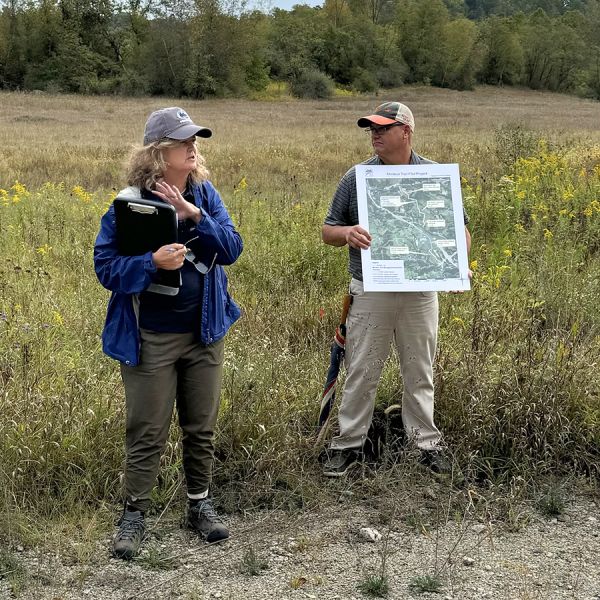
Feb 04, 2025
Penn State, Shell collaboration funds environmental research project
Altoona professor investigates vegetation management on Falcon Pipeline in Pennsylvania.
Full Article
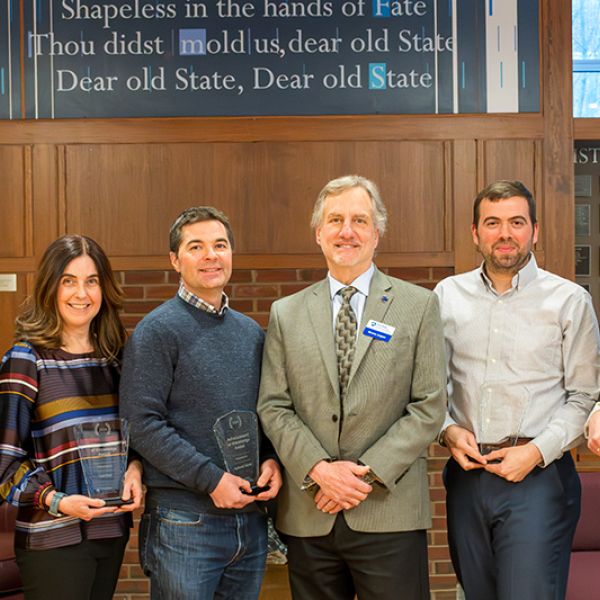
Jan 28, 2025
Researchers recognized for excellence by Institute of Energy and the Environment
The Institute of Energy and the Environment recognized six Penn State faculty members for their research excellence.
Full Article
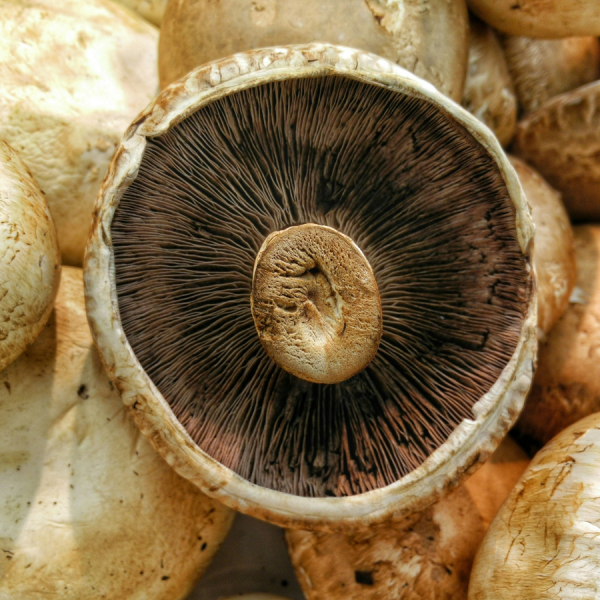
Jan 27, 2025
Harnessing mushroom microbiomes for better crop development
Microorganisms collected from the material in which button mushrooms are grown may benefit the development of future fungi crops, according to a study led by researchers in Penn State’s College of Agricultural Sciences and published in the journal Fungal Biology.
Full Article

Jan 27, 2025
Three faculty receive Presidential Early Career Award for scientists, engineers
Three Penn State researchers have been awarded the Presidential Early Career Award for Scientists and Engineers (PECASE), the White House announced on Jan. 14.
Full Article
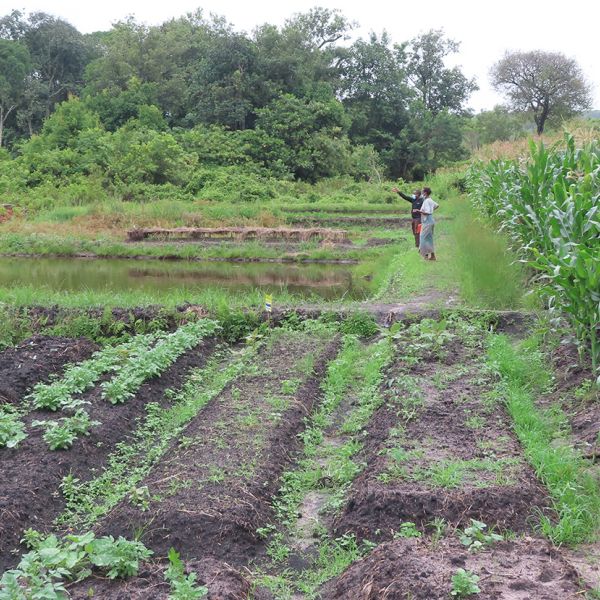
Jan 28, 2025
Researchers explore strategies to aid smallholder fish farmers in Zambia
Fish farming is key to food security in Africa; study shows that optimized agricultural resource management helps fish farmers in Zambia
Full Article

Jan 28, 2025
López-Uribe awarded presidential honor for early career scientists
Margarita López-Uribe, the Lorenzo L. Langstroth Early Career Professor of Entomology in the College of Agricultural Sciences, was awarded the Presidential Early Career Award for Scientists and Engineers by President Biden earlier this month.
Full Article

Jan 28, 2025
Pennsylvania Sea Grant launches research video series
Pennsylvania Sea Grant, a program supported by Penn State and the National Oceanic and Atmospheric Administration (NOAA), has launched a new video series featuring eight research projects conducted across the commonwealth.
Full Article
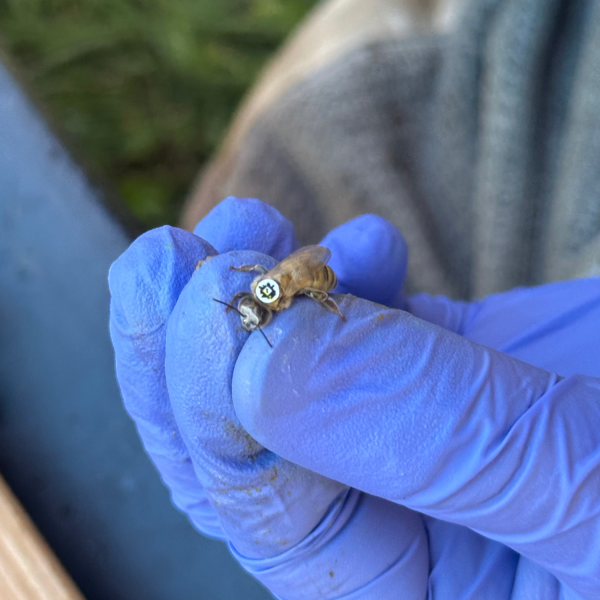
Jan 23, 2025
‘Buzz me in:’ Bees wearing itty bitty QR codes reveal hive secrets
Researchers attached QR codes to the backs of thousands of bees to track when and for how long they left their hives.
Full Article

Jan 21, 2025
Despite knowing where and when people hunt, Canada geese don’t flee far
Geese appear to understand when and where hunting takes place but are willing to risk the danger to stay close to resources and their primary habitats, according to a new study led by researchers at Penn State.
Full Article